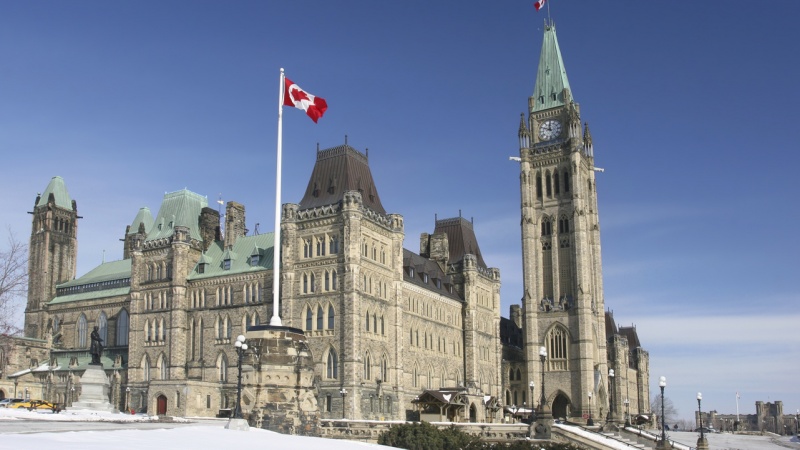As expected the 2019 Federal Budget was light in private Canadian business and more-so heavy on the focus of obtaining votes. However, a few items worth a closer look did occur and are discussed in detail below.
Home Buyers Plan (“HBP”):
The HBP allows first-time home buyers to withdraw RRSP funds without tax to purchase or build a home, repaying the funds over a 15-year period. Historically, the maximum levels that one was allowed to pull out of their RRSP’s was $25,000. The 2019 Budget proposes to increase this threshold to $35,000 per person with the potential for couples to take out a combined maximum $75,000 for a new house. Note, that this threshold increase will strictly apply to 2019 withdrawals made after the Budget Date (March 19th, 2019) and subsequent years.
Additional Investments in Registered Plans:
Two new types of annuities have been created for registered plans under the 2019 Budget. These are:
• Advanced life deferred annuities (“ALDA”) are a life annuity which may be deferred until the end of the year in which the annuitant turns 85 years of age. It is important to note the value of an ALDA will not be included for the purpose of calculating the minimum amount required to be withdrawn in a year from a RRIF, a PRPP member’s account or a defined contribution RPP member’s account. The ALDA will be allowed to be held under a RRSP, RRIF, DPSP, PRPP and RPP plans.
• Variable payment life annuities (“VPLA”) will provide payments that vary based on the investment performance of the underlying annuities fund and on the mortality experience of VPLA annuitants. These vehicles will be permitted under a PRPP and RPP.
Cannabis:
With all the current changes to legalization of cannabis and legislative documentation on the matter, the Budget has approved the recognition of cannabis as an eligible medical expense. However, the taxpayer can only claim cannabis of they hold a medical document from their doctor to support the use of cannabis for medical purposes. The claim may be made in respect of cannabis, cannabis oil, cannabis plant seeds or cannabis products purchased for medical purposes from a holder of a licence for sale for medical purposes. Eligible cannabis purchases are eligible on or after October 17, 2018.
IPP’s:
A little used planning tool from previous advisors was to transfer or commute assets from a former employer defined benefit plan into a client’s current IPP structure. Without getting into all the details, this would effectively allow in certain cases a very preferential tax treatment for eligible individuals. Needless to say, if it sounds to good to be true it probably is, and the 2019 Budget has shut down this type of planning.
Electric Vehicles:
Finally, some good news for business owners who are in the market for zero-emission vehicles. The Budget proposes to provide a temporary enhanced first-year CCA rate of 100 percent in respect of eligible zero-emission vehicles. A new CCA class (Class 54) will be created to include zero-emission vehicles that would otherwise be included in Class 10 or 10.1. The new CCA limit will be $55,000 plus sales taxes, with this limit being subject to review on an annual basis. However, only new vehicles will qualify that are purchased after March 19, 2019 and they must be fully electric, a plug-in hybrid with a battery capacity of at least 15 kWh, or fully powered by hydrogen. Vehicles that have financial assistance under the new federal purchase incentive will be ineligible.








